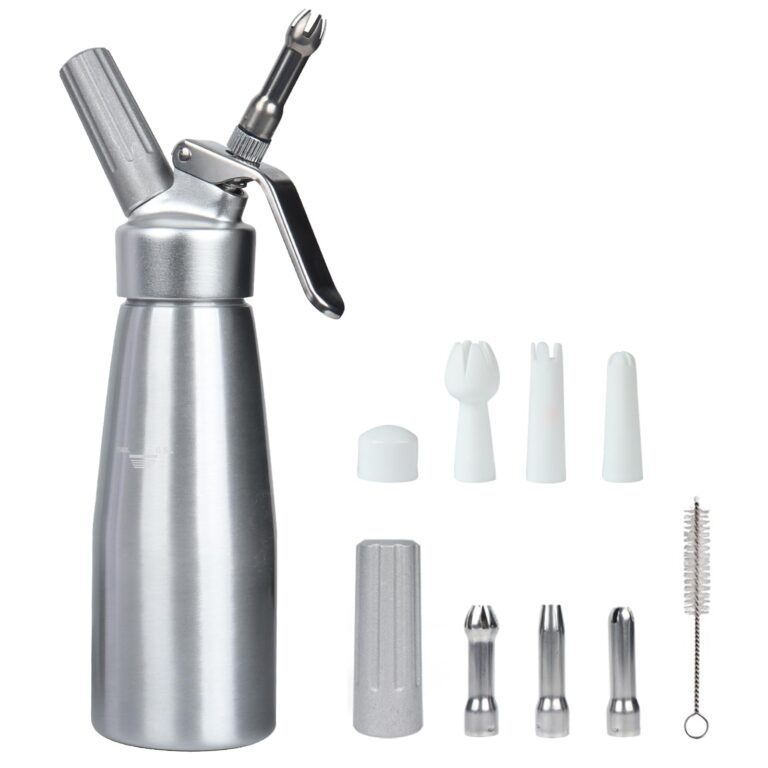Delta-8 THC, a cannabinoid obtained from the hemp plant, has gained popularity for its potential therapeutic impacts, including pain relief, anxiety reduction, and appetite stimulation. Notwithstanding, questions like how bad is delta 8 is arise regarding its safety, particularly for individuals with a history of substance abuse.
Potential risks and concerns
Individuals with a history of substance abuse often have increased defenselessness to addictive behaviors and adverse reactions to psychoactive substances. Delta 8 THC, similar to its direct relative Delta 9 THC, is psychoactive, raising concerns about its potential for abuse and addiction. Besides, regular utilization of psychoactive substances may set off cravings and increase the risk of relapse among recovering individuals.
Impact on the Recovery Journey
For individuals in recovery from substance abuse, maintaining collectedness is paramount to addressing hidden issues. Bringing Delta-8 THC into their routine may present challenges to this cycle. The euphoric impacts of delta-8 THC might actually subvert progress in therapy and jeopardize the stability of their recovery journey. Besides, reliance on Delta-8 THC as a method for dealing with hardship or stress may ruin the improvement of healthier survival techniques.
Considerations for harm reduction
While learning how bad is delta 8 presents risks for individuals with a history of substance abuse, harm reduction strategies can assist with mitigating potential negative results. Directed use, dosage monitoring, and regular registrations with healthcare professionals can give a safety net to those considering Delta-8 THC. Education about the risks associated with delta-8 THC and alternative treatment options ought to also be given to help informed decision-making.
Individualized Approach and Professional Guidance
Each individual’s circumstances and history of substance abuse are interesting, warranting an individualized approach to evaluating the safety of delta-8 THC. Consulting with healthcare professionals, addiction specialists, or advisors who are familiar with the individual’s medical history and recovery journey is essential. These professionals can provide personalized guidance and support tailored to the individual’s requirements and goals.
While delta-8 THC holds a guarantee as a therapeutic agent, its safety for individuals with a history of substance abuse requires careful consideration. By taking a personalized approach and looking for professional guidance, individuals can navigate the intricacies of Delta-8 THC use while focusing on their health and recovery journey.












